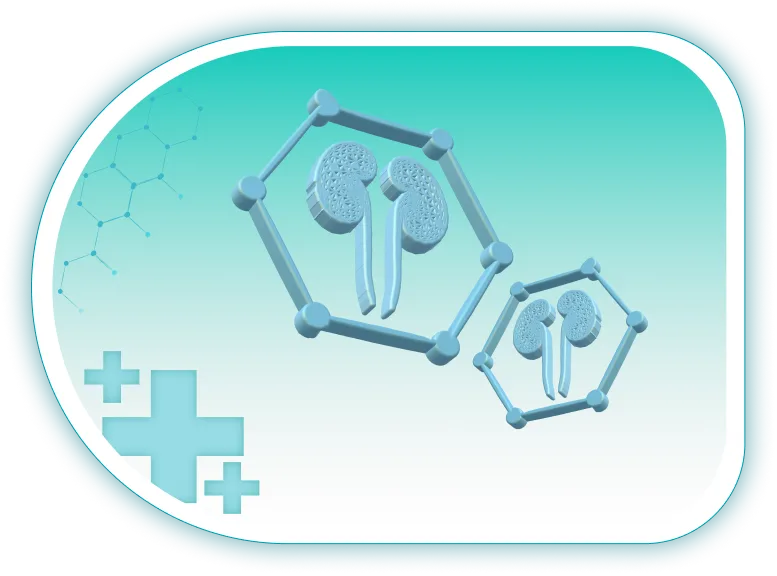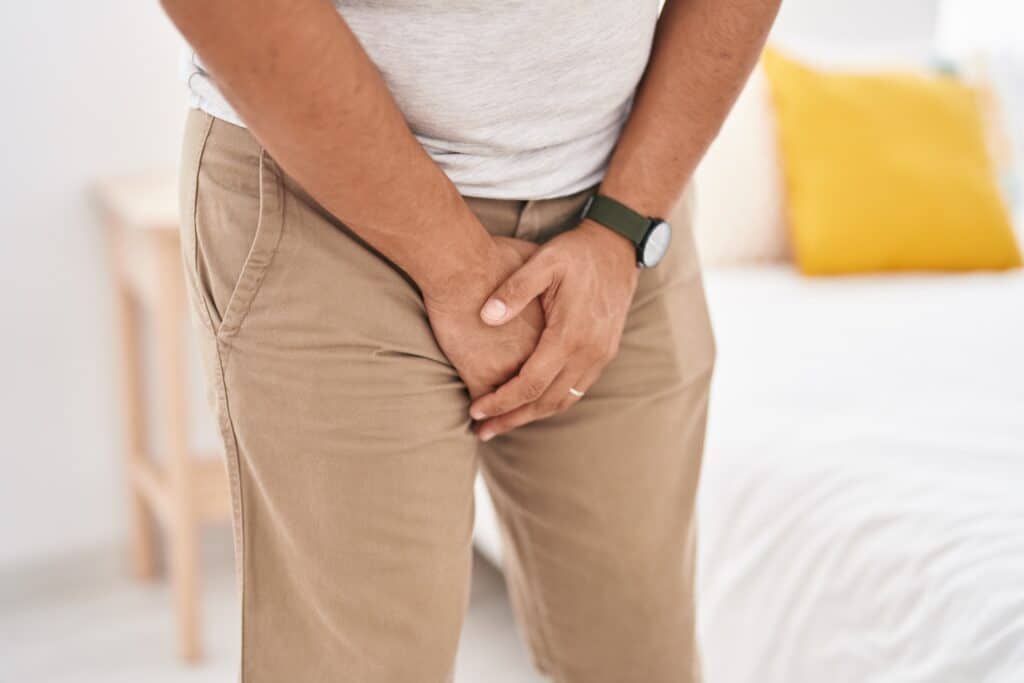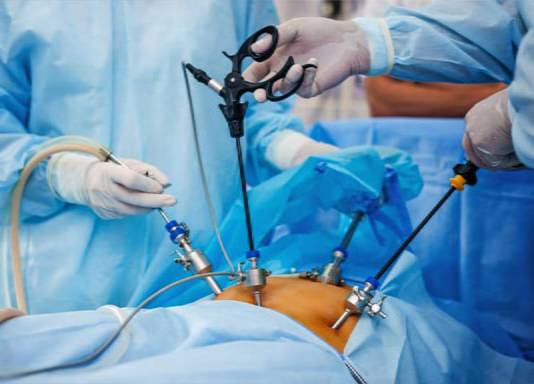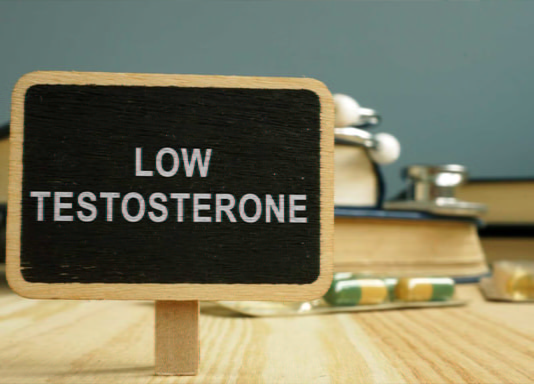The decreased or low libido symptoms can vary depending on the individual and the underlying cause.

Low libido, also referred to as decreased libido or hypoactive sexual desire disorder, is a prevalent sexual health concern that can impact both men and women. This condition is characterized by a decreased interest or desire for sexual activity and can result from various factors. Although it is common for individuals to experience fluctuations in sexual desire, a persistent and significant reduction in libido can have a detrimental effect on an individual’s quality of life, relationships, and self-esteem.
If you are experiencing low libido, it is important to seek help from a medical professional. At German Medical Center, we offer comprehensive diagnostic measures and treatment options to help identify the underlying cause and improve sexual health. Don’t let low libido affect your quality of life, schedule a consultation with us today and take the first step towards a fulfilling sex life.
Fortunately, there is an effective lack of libido treatment and low libido treatments that can help restore your sex drive and improve your quality of life. In this article, we will discuss the causes of decreased libido, as well as the different medical treatments for low libido that are available.
Our team of experts are passionate about providing only the best quality care and treatment to their patients.

Urology & Andrology

Urology & Andrology

Urology & Andrology

Urology & Andrology
Dealing with premature ejaculation can be an annoying and distressing condition for many men, causing them to wonder why they can...
Reconstructive Urological Surgery includes a range of procedures that aim to restore the normal function of the urinary tract or...
Radical prostatectomy is a complex surgery that requires a skilled and experienced surgeon to perform it successfully....
Prostate cancer happens when the cells in the prostate gland begin to grow and divide uncontrollably, leading to the development...
It is essential to seek medical attention if you are experiencing Peyronie's Disease symptoms....
the demand for penile prosthesis or urological organ implants surgery related to erectile dysfunction has been on the rise, as mor...
Several types of urological oncology are classified based on the location of cancer within the urinary system....
Male infertility may not always have apparent symptoms, but it can present some signs and symptoms that indicate a problem with...






Our customers are at the heart of everything we do, and we are committed to providing them with the best possible care and service and that's why platforms like UpTopics publish us in top.


(4.5)
Based on 174 Google Reviews

Partner with:
Partner with:


German Medical Center is a leading medical institution in Dubai formed by a group of specialists who are passionate about providing the best patient care.
Fill out our easy online form to book an appointment with German Medical Center. Our team of experts is dedicated to providing you with personalized care and guidance every step of the way. Don't wait, take charge of your well-being and schedule your appointment now!